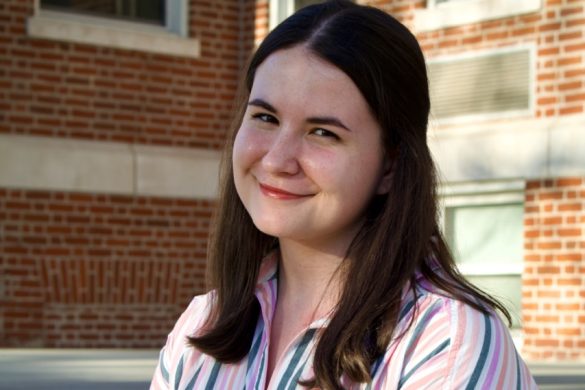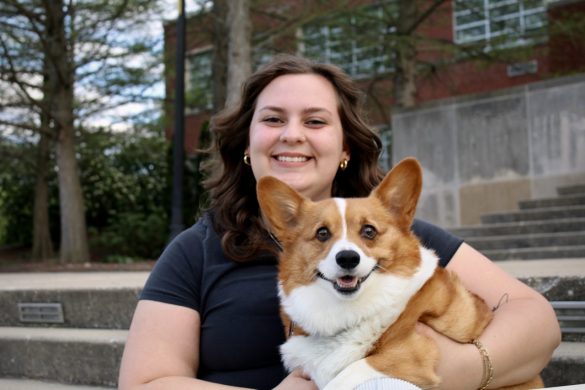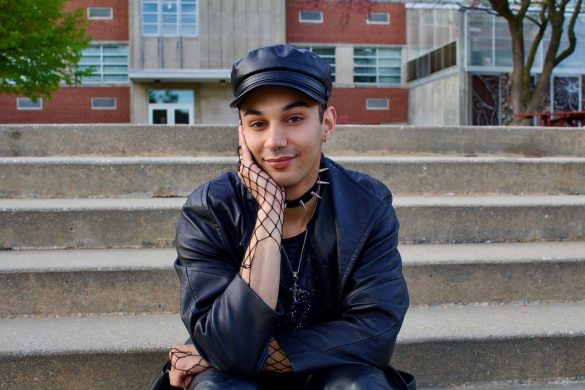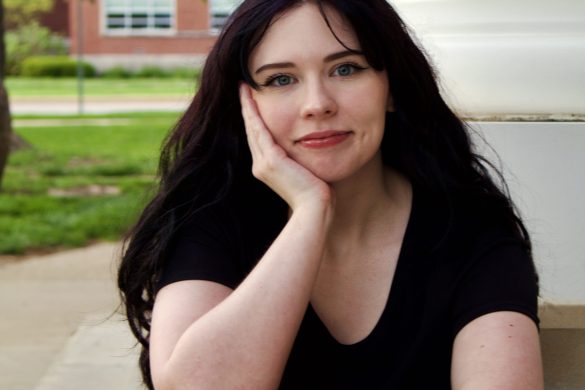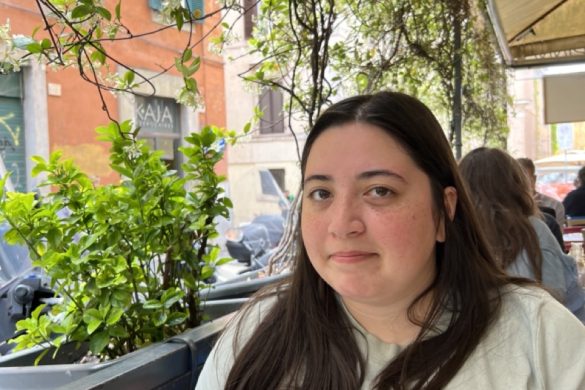At this point hundreds of articles have been written about Macklemore’s new song. Although I saw a great deal of initial reactions from the likes of DeRay Mckesson and a few other social activists on Twitter, I have yet to hear anyone else around me talk about it. If you have not listened to it, stop now and do so. It is free to download and listen on iTunes and Spotify. The song is not the answer to all of the problems, or any problems in particular, in the Black Lives Matter Movement, but it opens up an uncomfortable conversation we as a country have been avoiding.
That was long-winded, I know, but there is a lot here. Not that anyone remembers, but in 2014 I wrote an article about the Mackleman’s hand in the whitewashing of hip-hop. Whether he was aware of his actions and impact or not, he created a rift. The white friendly facade suburban moms wanted on hip-hop against the dark skin, gold teeth and chains that were and still are the actual face of the culture. Either through recent revelation or initial knowledge, Macklemore is well aware of his affect.
Self-awareness is how we got here: “White Privilege II.” The song is a social and collaborative effort between Macklemore & Ryan Lewis, along with a slew of musicians and activists invested in the efforts of racial equality.
I do not think the Mackleman is a bad guy, and I always have given him a chance. The song sounded great in theory, but if it had come across as insincere as “Same Love,” I was ready to jump ship for good. But the song was far from a backhanded attempt to regain buzz.
Macklemore has been seen on the streets chanting and marching alongside activists in times of civil unrest. The first verse touches on that experience and the uncomfortableness of thrusting himself into that environment, surrounded largely by people who have grown up struggling with these issues. That is a real fear that people on the outside looking in have. How do you help and join the fight when you do not fully understand what they are fighting for? The issue is exclamated more so for the Mackleman, as he is reaping the benefits of inherently black culture.
The song suggests he is breaking. There is a short segment of people saying to him, “You always react. Just let it go, man. White racist. It’s the Grammy’s!” He goes on to show that he knows his effect and his position.
He knows that he has seemingly stolen the proverbial chalice and has drunken a juice that was never his to begin with. This is where you see his internal conflict. He does care and he wants to help and use his voice, but he was not using it effectively before. When he said he thought he was gay in the third grade, it held no clout. It was just something to say to try and connect with the movement and it made things inside and outside of the songs feel less sincere.
Earlier in the article I touched on Mackleman’s self-awareness, or lack thereof earlier in his career. My entire 2014 article talks about the issue, and how he is seemingly unaware of the power of his voice. It comes full circle in the third verse of the song when a mother approaches him and expresses her, and many other white American mothers, fathers and influencers, respect for him for not rapping about “…all the guns and the drugs, the bitches and the hoes and the gangs and the thugs.”
His verse ends with him saying, simply, “Huh?”
He knows and has always known what hip-hop is, what it was born from and what it has evolved into.
It is a complex landscape that gives a voice and opportunity to many who would fall by the wayside and no one, not myself, nor self-entitled white mom’s are entitled to tell anyone which music holds value.
You want rappers to stop talking about the “trap?” Eliminate the systems that have ensnared these communities and stop turning your cheek.
https://www.youtube.com/watch?v=5htzSZOYbV4&feature=youtu.be

